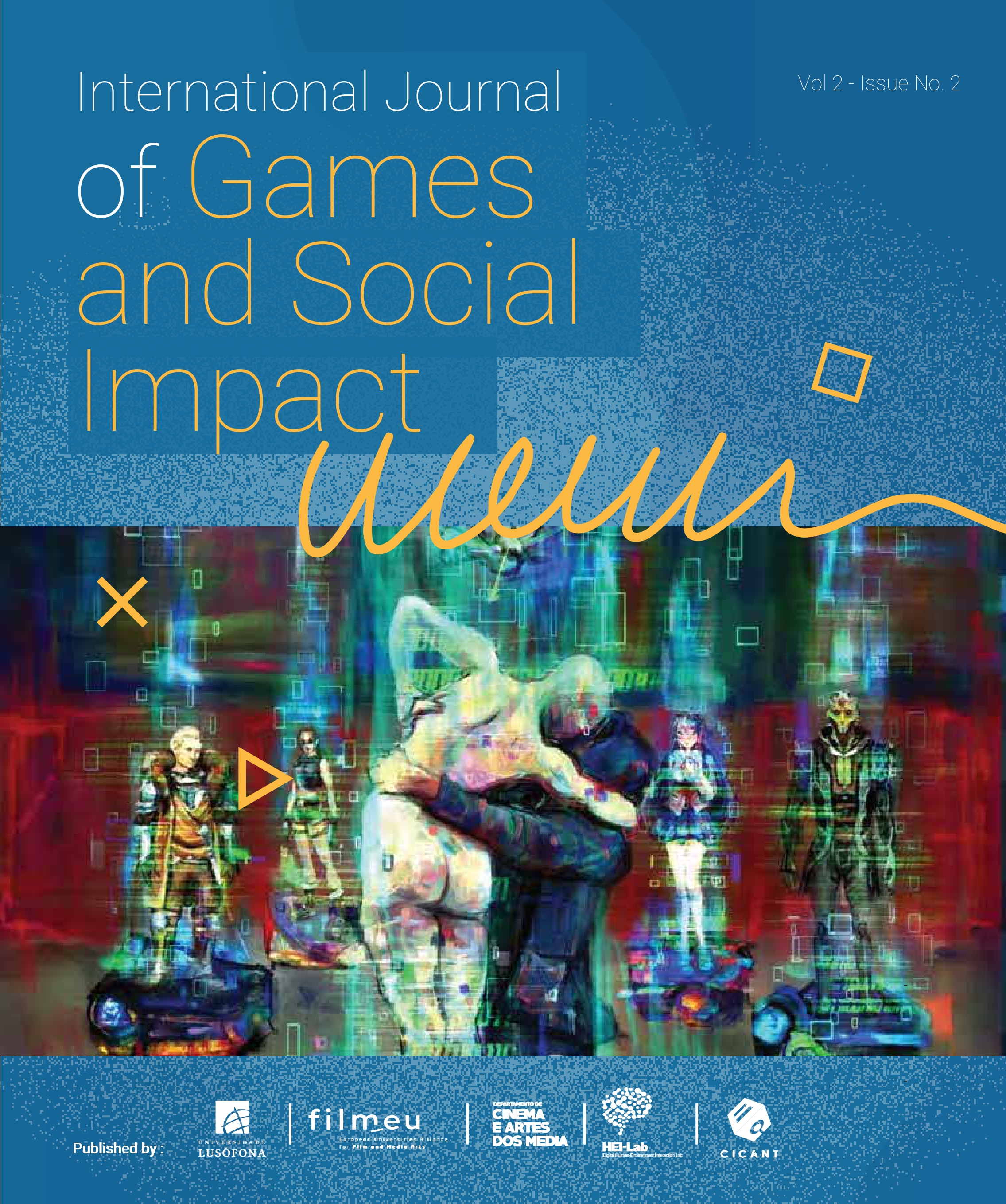Beyond the Screen: Exploring the Player’s Role and Its Impact on Emotional Experiences in Video Games
Abstract
This article explores the idea of the player as a co-creator of their own experience in video games, focusing on how we can define their role within the game’s architecture and how they shape their emotional experiences. By agreeing to an implicit ‘contract’ as they play a video game, players not only accept to adhere to the rules of the game world but allow themselves to become engaged in the game’s narratives, landscapes, characters, and other elements, opening themselves to deep emotional involvement and becoming integral parts of the narrative structure. Drawing on examples from games like Mass Effect, God of War, Doki Doki Literature Club!, and The Last of Us Part I, among others, the article examines how players form emotional connections through romantic relationships, familial bonds, and friendships. Using concepts inherent to video games, such as agency and immersion, alongside others like involvement and incorporation, as well as those applicable to all fictional works, like suspension of disbelief and rational distance, the article ties these concepts together to better understand the player’s role and its impact on their experience. It highlights how that role influences these emotional experiences, allowing them to extend beyond the game world and leave lasting personal impacts on players.
Downloads
Copyright (c) 2024 Filipe Pinto

This work is licensed under a Creative Commons Attribution-NonCommercial-ShareAlike 4.0 International License.
This work is licensed under a Creative Commons Attribution-NonCommercial-ShareAlike 4.0 International License. The rights of each article are attributed to their author(s).









